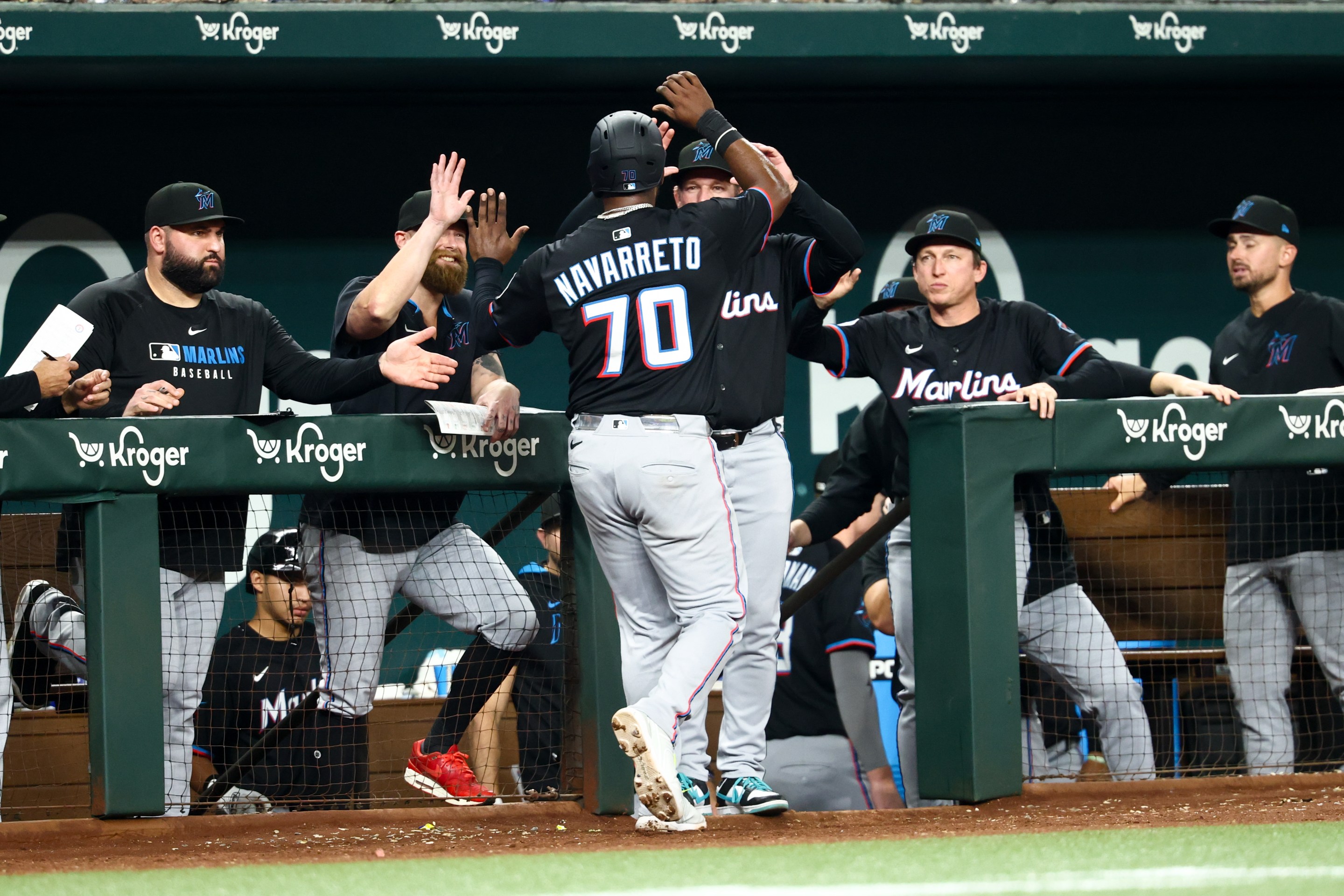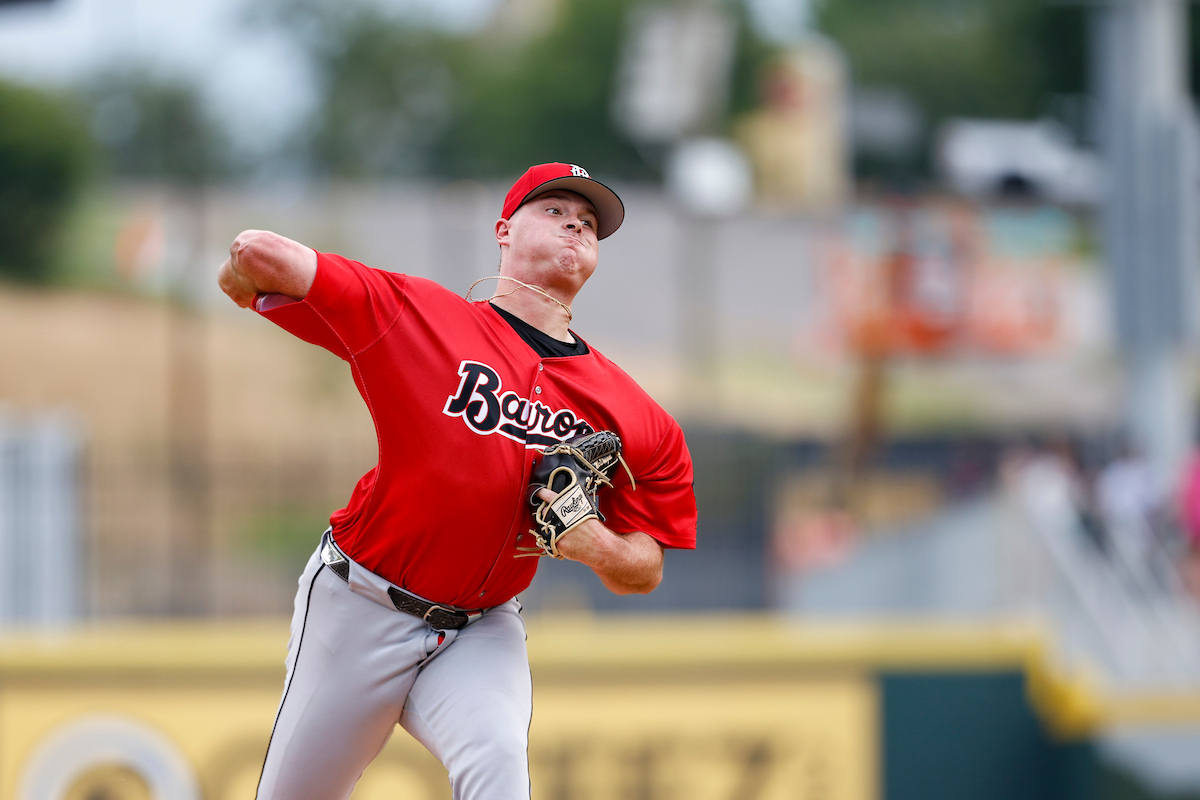There were a few articles I wanted to highlight over the past several days but didn't get around to thanks to Dylan Cease's promotion, the All-Star Game, the end of the first half, etc.
Let's start with with not one, not two, but three pieces on Lucas Giolito from Chicago Sun-Times columnist Steve Greenberg. Giolito has had enough success to generate the interest in him, and an open-enough personality to deliver enough material.
One handles the past, specifically how Giolito retrained his brain to handle failure at the highest level of competition. Another covers a lot of miscellaneous trivia that didn't fit the tone of the other two columns, including Dungeons & Dragons, anime and his awful car.
The third is one to file away, because it covers what Giolito hopes to use his first-half breakout for beyond an appearance in the All-Star Game.
Giolito follows former NFL players Chris Long and Chris Kluwe on social media. He’s a big admirer of Nationals pitcher Sean Doolittle. And he hopes to someday soon join the ranks of athletes using their voices prominently in support of causes and policies that support those who are marginalized or discriminated against.
He figures he probably ought to complete at least one All-Star-caliber season first, though.
“I’d like to build some credentials first by continuing on this path of success,” said the author of a breakout first half that’s all but certain to land him on the American League roster in Cleveland. “But I want to get there — because I really don’t like it when people make judgments without having anything to back it with, without having any of their own personal life experience or talking with someone who had that life experience.”
If Giolito ends up anything like Doolittle -- who with his wife, Eireann Dolan, have been outspoken in support of marginalized groups -- Giolito should be a major boon for independent bookstores.
Spare Parts
Eloy Jiménez's first exposure to prolonged frustration in five years has changed the way he's preparing for games. Jamses Fegan also captures Jose Abreu's leadership in action:
Being prepared to not look ridiculous in every pre-series hitters meeting is still not the same as making video a comfortable, second-nature part of Jiménez’s approach. Everyone has a different level of information they want in their head stepping into the box, and given his ability to simplify, it’s unsurprising that Jiménez said he’s wary of overloading himself.
But the level of execution from pitchers has strained the limits of Jiménez’s read-and-react approach. To that end, José Abreu bought Jiménez a tablet, like the one he uses at his locker frequently before games, to quickly review on his own every time he wants to check where he should expect to be attacked. Being ready to assault a 3-0 challenge fastball — and being ready for the first high fastball low enough to get on top of in a 10-pitch, ninth-inning war — require different levels of preparation, and pitchers’ exploitation of Jiménez’s early-count aggression was noticed.
David Laurila talked to James McCann about his All-Star first half, and McCann made it sound pretty simple -- he hit dead ends trying to emulate players who hit for more power than him, and found success in using his hands more than his body.
“Opening up my stance and allowing my hands to work more is helping me stay within myself,” explained McCann. “Sometimes when you’re trying to do too much, your body gets in the way. Your swing becomes a very body-swing. That can’t work for me. I need to be short-and-compact. That’s the best James McCann.”
As part of the "312 Day" promotion during the White Sox-Twins game on Saturday, the scoreboard at Guaranteed Rate Field was used to highlight famous figures from Chicagoland. One unfortunate slide put Emmett Till between Pat Sajak and Orson Welles. White Sox VP of Communications Scott Reifert had to answer for it, and he struck a balance between exasperation and embarrassment.
“I think, when you look at it, it doesn’t feel right. It doesn’t pass that test, but it certainly wasn’t done with any sense of pointing . . . I can’t even think of the right word to describe that,” Reifert said.
Coors Field is back to its old self, demoralizing All-Star pitchers and creating insane splits for Rockies hitters. Sam Miller finds 18 fascinating development about what Denver is doing to the game, and Charlie Blackmon is the subject of several by himself.
The Tampa Bay Rays' inability to draw fans to Tropicana Field is no stranger to dissection -- and they invited more scrutiny with the insane two-city suggestion -- but what's curious is that the Rays are also not drawing the TV ratings they used to despite being in great position in terms of wins and losses. Hannah Keyser goes further and wonders whether baseball's current trajectory of pursuing success at the expense of personal connections stands the chance of severing fans from their teams in other markets.
To disregard fans’ feelings — about roster constructions, stadium financing, or the way all of that is communicated to the public — isn’t just unkind, it’s unsavvy.
If that sounds sort of naively idealistic consider that so is the cultish ritual of attending a baseball game and deriving a sense of meaningful communion from the arbitrary athletic feats of strangers. What I’m saying is that baseball has no inherent value beyond the cultural construct, by which I mean whether or not people give a crap. If the fans aren’t showing up, and the touted TV numbers are slipping, then how can we call a baseball team “good?”
The bigger picture isn’t really about the Rays — and their prohibitive geographical limitations. It’s about the rise of three true outcomes, the other sports leagues that have gotten good at marketing their players’ personalities, the alienating predominance of analytics, cities wising up to the scam that is publicly funded stadiums, owners cheaping out on retaining marquee talent.
It's a lot to weigh, but it's not all bad, at least locally. It's why keeping Abreu makes more sense than the laws of supply and demand dictate on their own. It's why I like the idea of Giolito putting himself out there, and it's why I like Tim Anderson's showmanship, even if he struggles to back it up within the same game. They're making fans feel something, and I think that's vital for baseball over the next 20-30 years.
Tyler Skaggs was found unresponsive in his hotel room on Monday, and died at the age of 27. Neither foul play nor suicide are suspected. It's yet another tragic chapter for the Angels, and while there are never any easy explanations, the pictures painted of Skaggs make the loss impossible to grasp for people who knew him.





